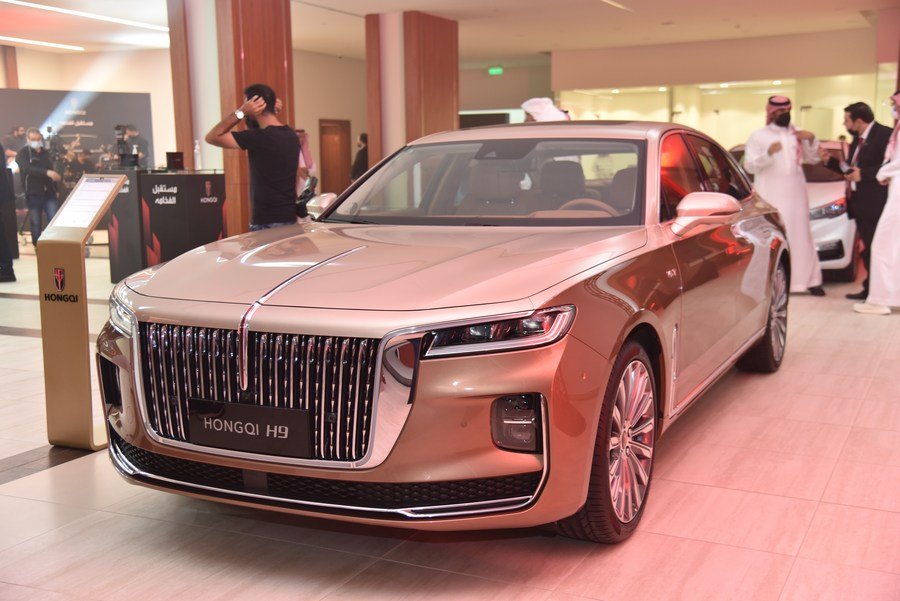
Chinese automotive giants are intensifying their efforts to establish manufacturing operations in Saudi Arabia, marking a significant shift in the global automotive landscape. This move is driven by Saudi Arabia’s Vision 2030 initiative, which aims to diversify the kingdom’s economy and reduce its dependence on oil revenues.
The discussions between Chinese car manufacturers and Saudi authorities reflect a growing trend of cross-border industrial cooperation. Companies such as BYD and Geely are at the forefront of these negotiations, seeking to leverage Saudi Arabia’s favorable investment climate and strategic location. The proposed manufacturing facilities would not only cater to local demand but also position Saudi Arabia as a key export hub for the Middle East and North Africa region.
Saudi Arabia’s strategic push into the automotive sector is part of a broader economic diversification strategy. The kingdom has identified the development of local industries as a crucial component of its Vision 2030 plan. This initiative aims to transform the Saudi economy by fostering sectors such as manufacturing, technology, and tourism. The entry of Chinese automakers into the Saudi market aligns with these objectives, promising significant economic benefits and job creation.
The planned manufacturing units are expected to focus on electric vehicles (EVs) and hybrid models, reflecting the global shift towards sustainable transportation. BYD, for instance, is renowned for its electric buses and cars, which are increasingly gaining traction in global markets. The collaboration with Saudi Arabia could potentially facilitate the establishment of a local supply chain for EV components, further boosting the kingdom’s technological capabilities.
Geely, another major player, is exploring opportunities to set up a production base in Saudi Arabia. This move is seen as part of Geely’s broader strategy to enhance its global footprint and tap into emerging markets. The establishment of manufacturing facilities in Saudi Arabia would not only serve the domestic market but also enable Geely to capitalize on the growing demand for automobiles in the wider Middle Eastern region.
The Saudi government’s proactive approach to attracting foreign investment has played a pivotal role in these discussions. The kingdom has introduced various incentives for international companies, including tax breaks, streamlined regulatory processes, and infrastructure support. These measures are designed to create an attractive environment for foreign investors and facilitate the growth of new industries.
Furthermore, Saudi Arabia’s investment in infrastructure projects, such as the development of industrial zones and logistics hubs, provides a solid foundation for the establishment of automotive manufacturing facilities. These projects aim to enhance the efficiency of supply chains and support the seamless integration of new industries into the Saudi economy.
The potential impact of these developments extends beyond economic benefits. The establishment of automotive manufacturing plants could lead to significant advancements in local technological expertise and research capabilities. Saudi Arabia has been making strides in developing its technological sector, and the presence of major automotive players could further accelerate this progress.
The growing interest of Chinese automakers in Saudi Arabia also highlights the shifting dynamics of global automotive production. As the industry undergoes a transformation driven by technological advancements and changing consumer preferences, strategic partnerships and regional production capabilities are becoming increasingly important. Saudi Arabia’s emergence as a manufacturing hub aligns with these trends, positioning it as a key player in the evolving global automotive market.


